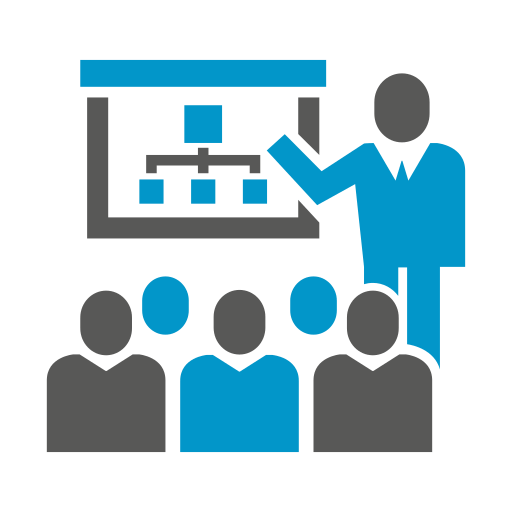Description
WHOM IS IT APPLICABLE
This training course is intended for:
- IT professionals seeking to validate their skills in DevOps tools
- Developers aiming for career advancement
- Individuals interested in DevOps methodologies
- System administrators looking to transition into DevOps roles
- Existing DevOps practitioners desiring a recognized certification
- Companies seeking to improve their development and operations workflows
WHAT YOU WILL LEARN
By the end of this training course, participants will be able to:
- Understand and apply the knowledge of essential DevOps tools for efficient programming and application development.
- Learn how to code, test, and deploy software swiftly and reliably using DevOps practices.
- Gain a deep understanding of the principles of Continuous Integration, Continuous Delivery, and Continuous Deployment, as well as the use of tools such as Git, Docker, Jenkins, and Puppet.
- Automate configuration management, integrate code changes, and manage infrastructure as well as deployments using DevOps strategies.
MODULE OVERVIEW
Module 1: Software Engineering including modern software development, standard components and platforms for software, source code management as well as continuous integration and continuous delivery
Tools Covered: Git, Jenkins
Module 2: Container Management including container usage, container deployment and orchestration, as well as container infrastructure
Tools Covered: Docker, Docker Swarm, Kubernetes
Module 3: Machine Deployment including virtual machine deployment, cloud deployment and system image creation
Tools Covered: Vagrant, cloud-init, Packer
Module 4: Configuration Management including Ansible, and other configuration management tools
Tools Covered: Ansible
Module 5: Service Operations including operations and monitoring and log management and analysis
Tools Covered: Prometheus, Logstash and ELK Stack
PREREQUISITES
There are no prerequisites for this certification. However, The LPI DevOps Tools Engineer Training is targeted at personnel who have basic experience in Linux and computer networking, including:
- Basic experience with command line Linux/Unix
- Introduction to network concepts and protocols
- Overview of basic Linux commands
- Basic system administration (e.g., user management, package management, etc.)
- Knowledge of scripting languages (e.g., Bash, Python, Ruby, etc.) and their syntax
- Familiarity with programming concepts
- Familiarity with the concept of DevOps and its principles and practices
- Understanding of fundamentals of databases, such as MySQL or MongoDB
- Previous experience or a course completion with DevOps tools (e.g., Git, Chef, Puppet, Ansible, Jenkins, etc.) is recommended but not required
EXAM & CERTIFICATION
Format: Closed-book
Delivery: Online via onVue or VUE test centers
Questions: 60 multiple-choice and fill-in-the-blank questions
Passing Score: 500 / 800
Duration: 90 Minutes








